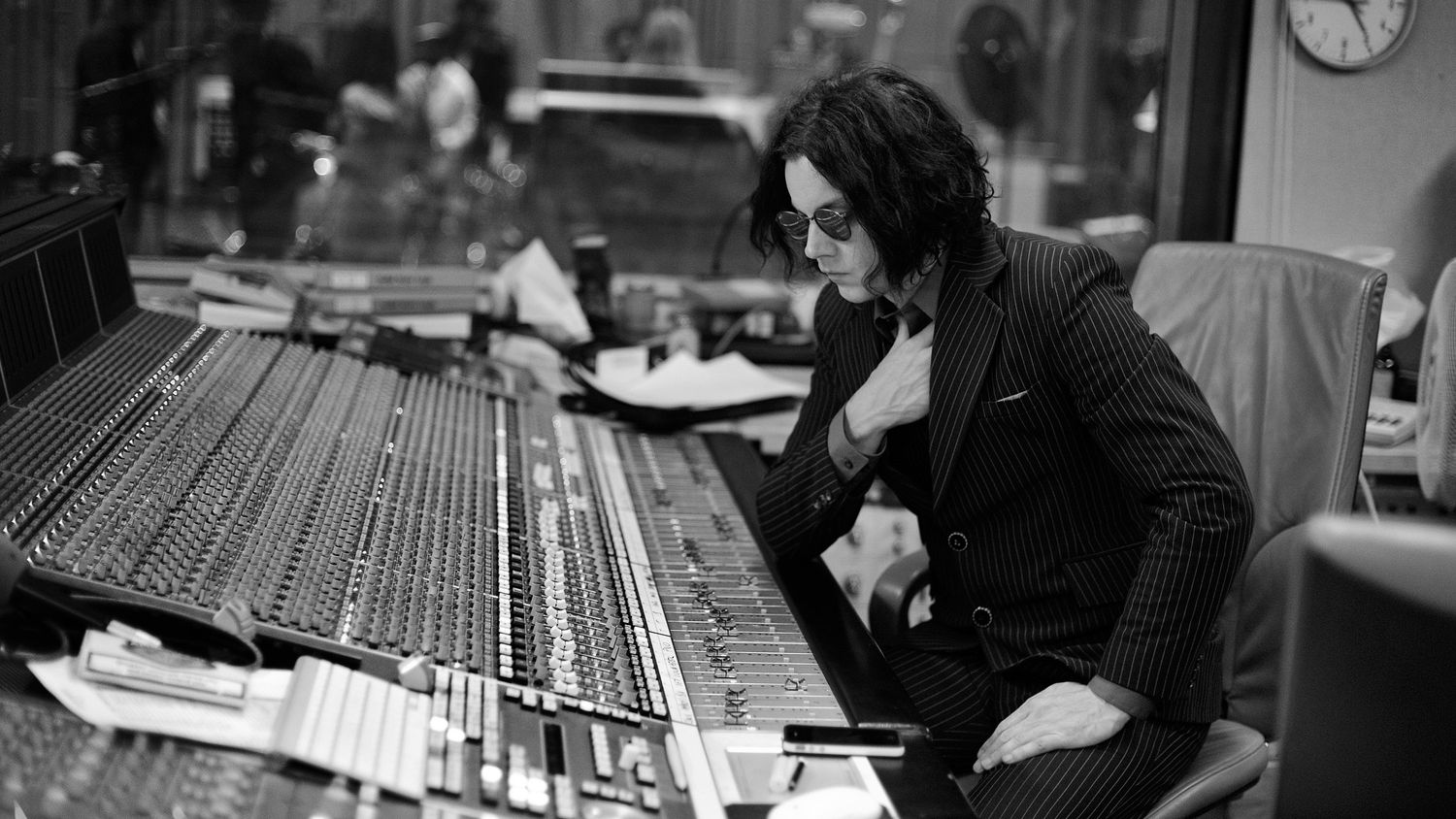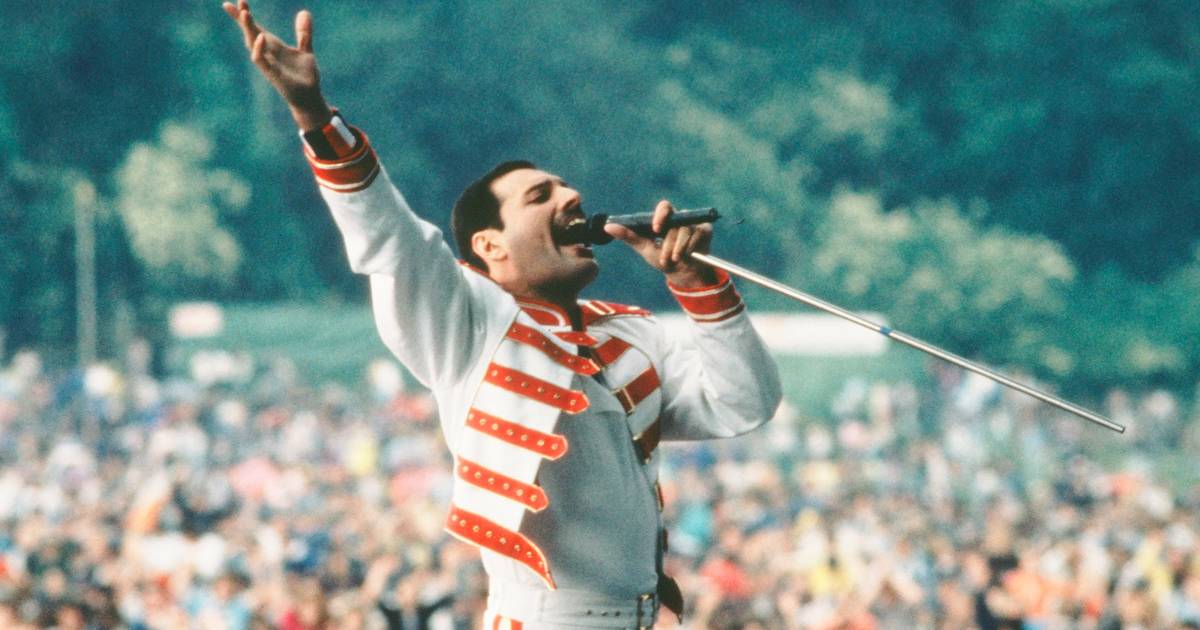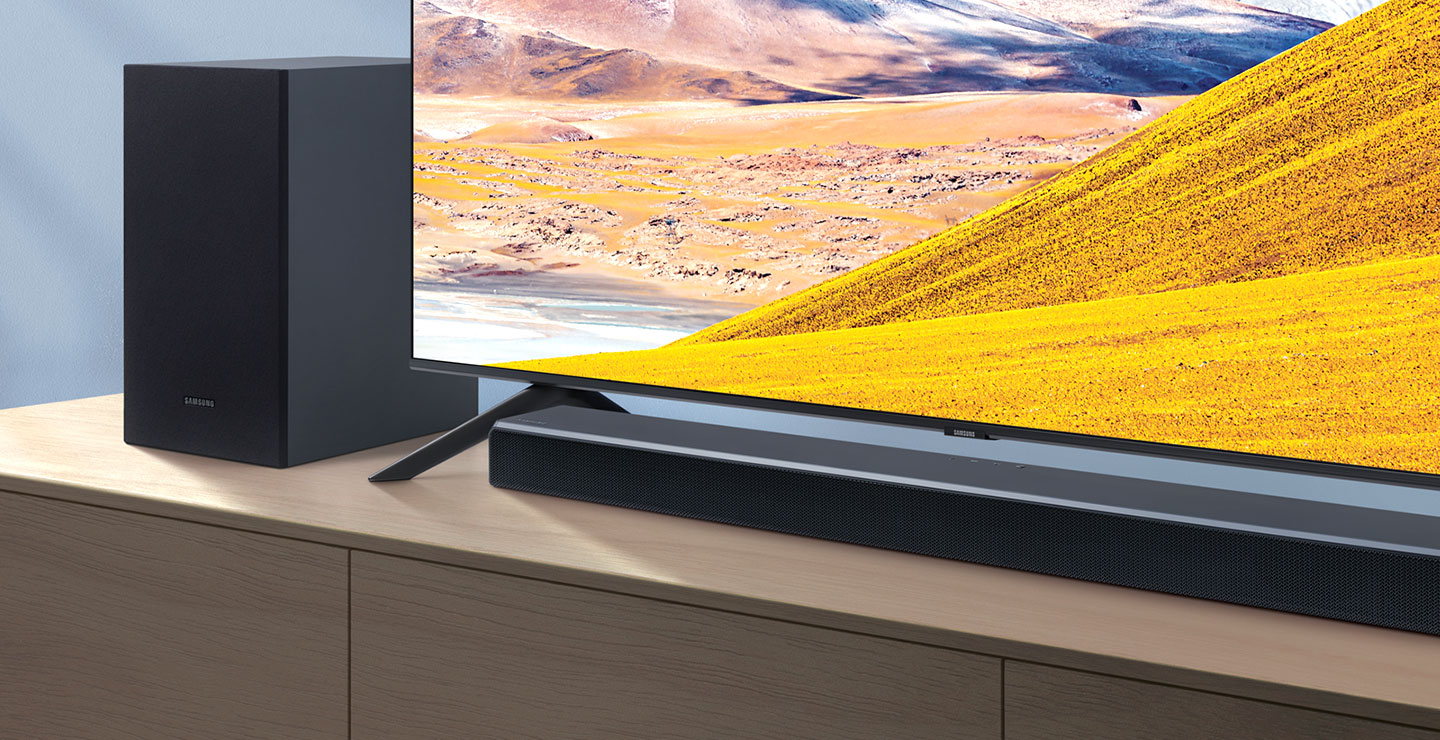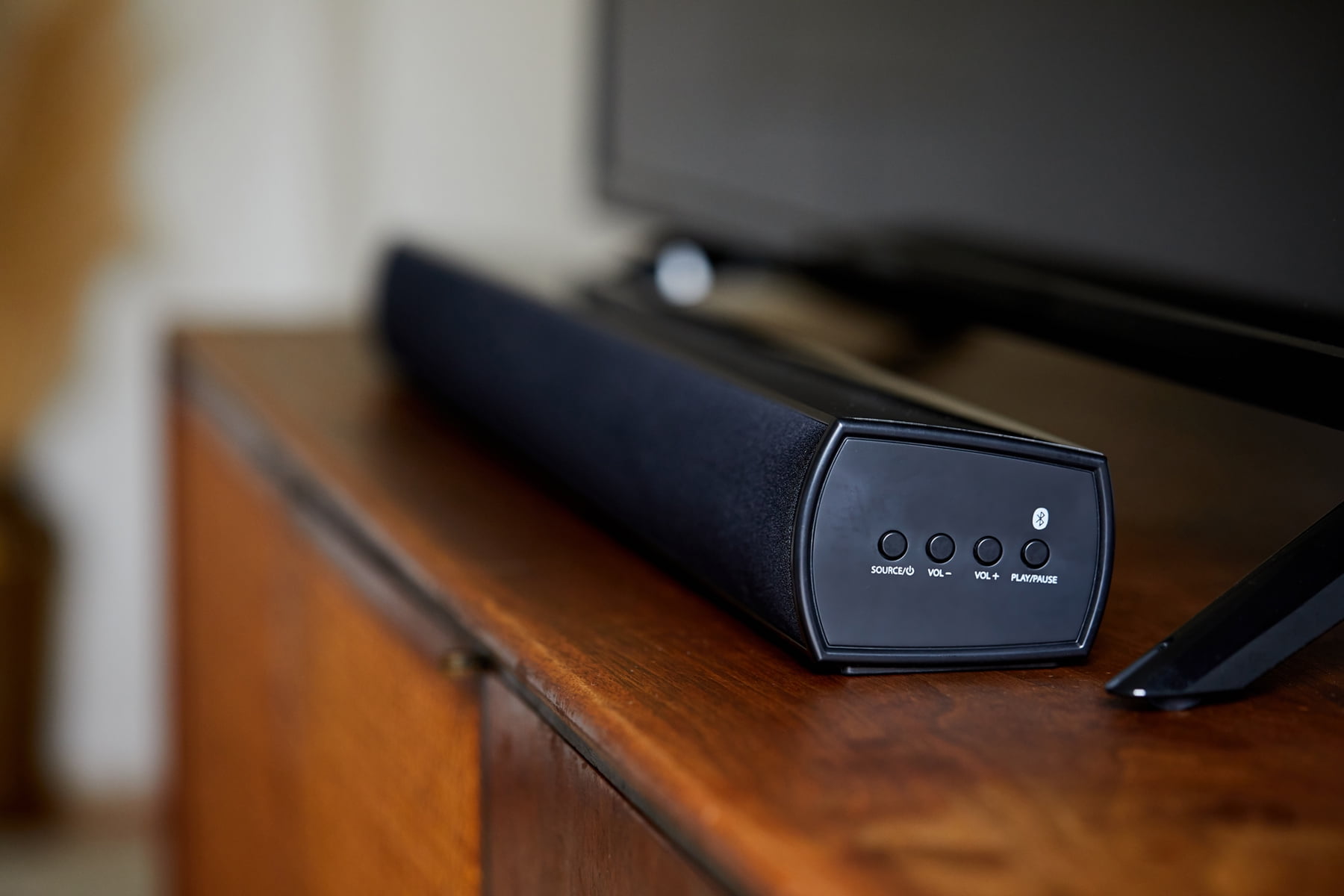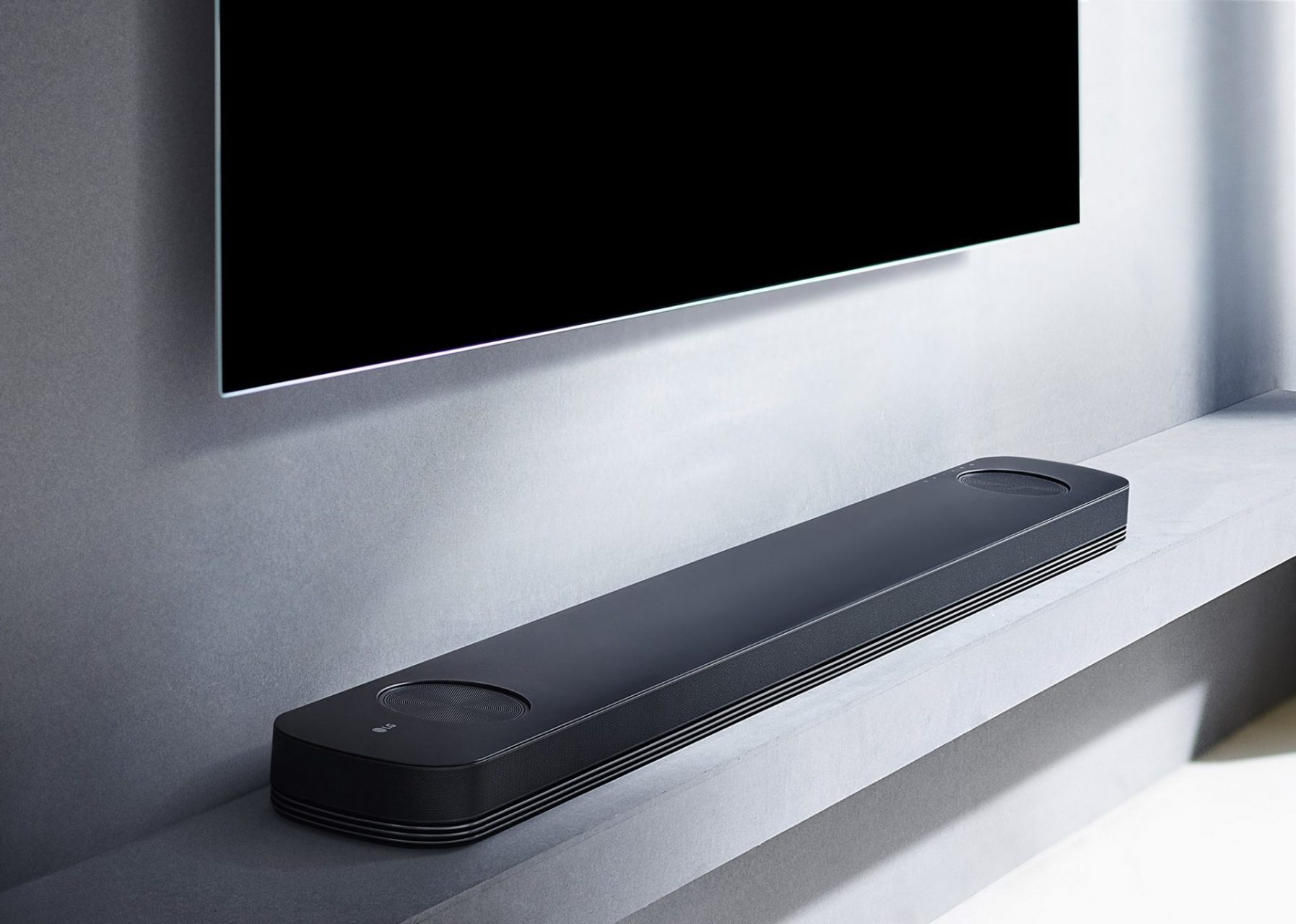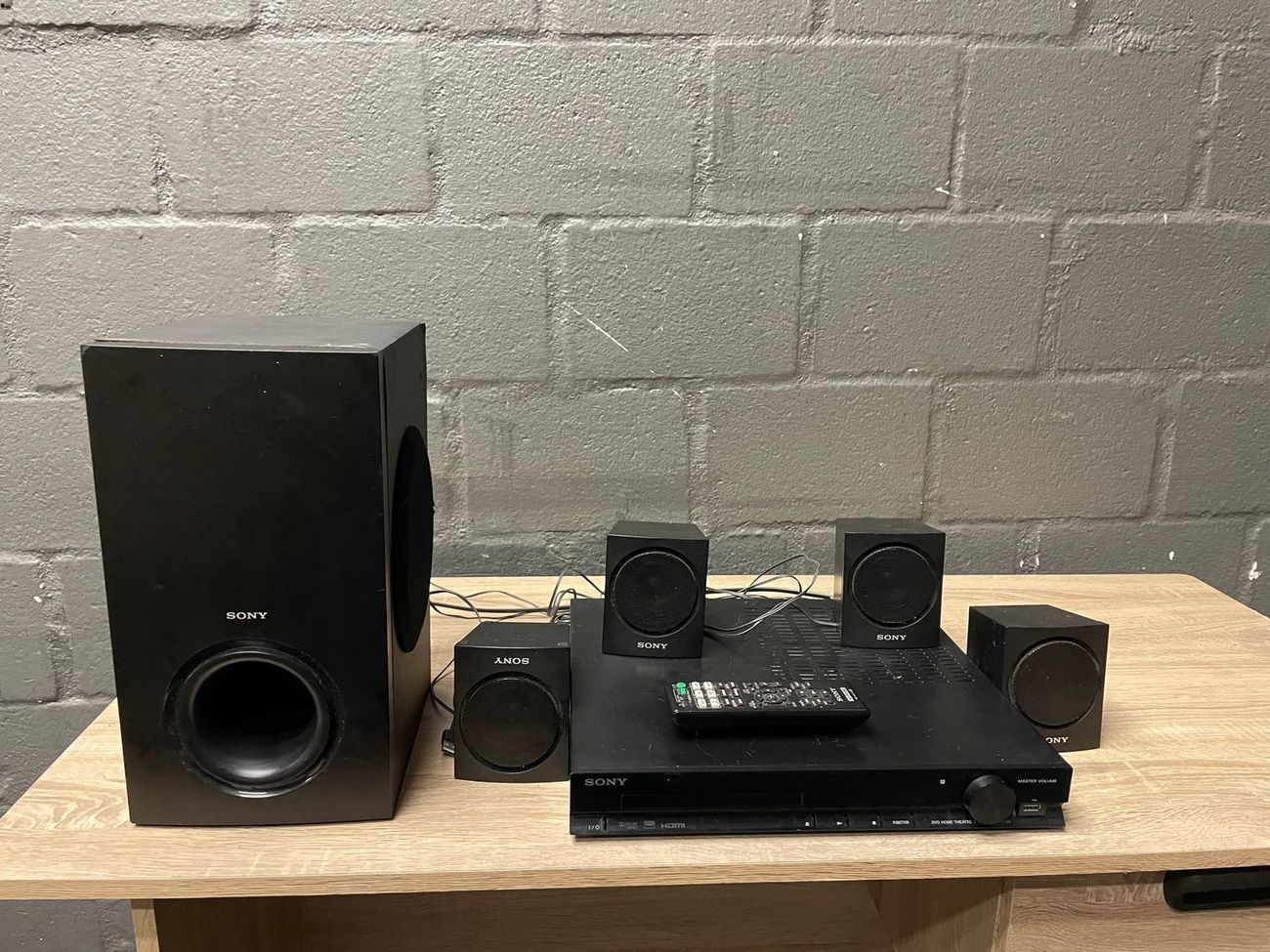Home>Production & Technology>Sound>Whistle Sound When Accelerating
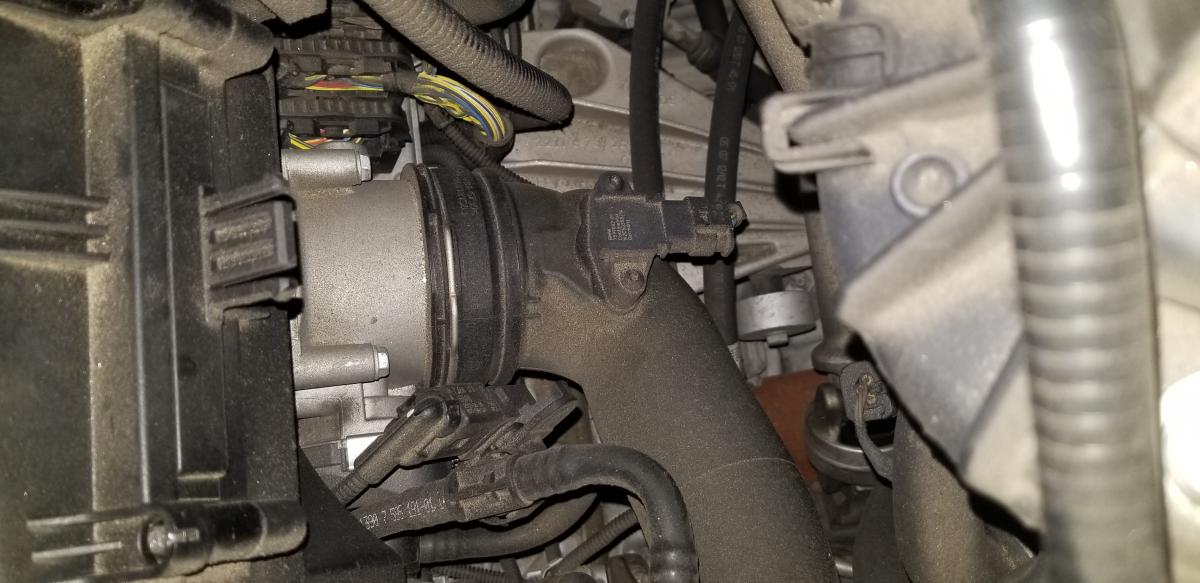

Sound
Whistle Sound When Accelerating
Published: December 19, 2023
Experience a unique whistle sound when accelerating your vehicle. Discover ways to identify and fix different types of sounds to ensure a smoother and safer driving experience.
(Many of the links in this article redirect to a specific reviewed product. Your purchase of these products through affiliate links helps to generate commission for AudioLover.com, at no extra cost. Learn more)
Table of Contents
Introduction
When you’re behind the wheel and notice an unusual whistle sound when accelerating, it can be concerning. This unexpected noise can be an indication of an underlying issue with your vehicle. Understanding the possible causes and knowing how to address them can help you resolve the problem and ensure the smooth operation of your vehicle.
Whistling noises during acceleration can come from various components of the vehicle, such as the engine, exhaust system, or even the air intake. The sound can vary in pitch and intensity, depending on the specific cause. It’s important not to ignore this sound, as it could be a sign of a more serious problem that, if left unattended, could lead to further damage or even a breakdown.
In this article, we will explore the potential causes of a whistle sound when accelerating, the common symptoms associated with it, and possible solutions to rectify the issue. By understanding the root cause and taking appropriate action, you can ensure your vehicle’s performance and your safety on the road.
What Causes Whistle Sound When Accelerating
There are several potential causes for a whistle sound when accelerating. Let’s delve into some of the most common culprits:
- Air Intake Issues: A whistle sound during acceleration could be due to a problem with the air intake system. It may indicate a loose or damaged air intake hose, a clogged air filter, or a malfunctioning throttle body. When the air intake is disrupted, it can create a whistling noise as air rushes through the gaps or obstructions.
- Turbocharger Problems: If your vehicle is equipped with a turbocharger, a whistle sound when accelerating might indicate a problem with this component. A malfunctioning or failing turbocharger can cause pressure imbalances, resulting in a whistling noise as the air is forced through the faulty parts of the turbocharger system.
- Exhaust Leaks: Whistling sounds can also be caused by leaks in the exhaust system. Whether it’s a damaged exhaust manifold gasket or a crack in the exhaust pipe, the escaping gases can create a whistling sound as they flow through the openings. These leaks can occur due to wear and tear over time or as a result of damage from road debris or accidents.
- Belt or Pulley Issues: Squealing or whistling noises during acceleration can also be attributed to problems with the engine belts or pulleys. A loose or worn-out belt can create a high-pitched sound as it slips or rubs against the pulleys. Additionally, a faulty or misaligned pulley can cause the belts to make a whistling noise when under tension.
- Vacuum Leaks: Leaks in the vacuum system can lead to a whistle sound when accelerating. A compromised vacuum line or a malfunctioning vacuum seal can cause air to enter the engine in unintended ways, resulting in a high-pitched noise. Detecting and fixing these leaks is crucial to ensure proper engine performance.
It’s important to note that determining the exact cause of the whistle sound requires a thorough inspection by a qualified mechanic. They will be able to diagnose the problem accurately and provide the necessary repairs or replacements to resolve the issue.
Common Symptoms of Whistle Sound When Accelerating
When your vehicle produces a whistle sound when accelerating, there are often accompanying symptoms that can help you identify the underlying issue. By paying attention to these common symptoms, you can gain insight into the cause of the whistle sound. Here are some signs to watch out for:
- Whistling Noise During Acceleration: The most obvious symptom is the distinctive whistle sound that occurs when you press on the accelerator. The intensity and pitch of the sound may vary depending on the specific cause.
- Loss of Power: In some cases, the whistle sound may be accompanied by a noticeable loss of engine power. This can be indicative of a problem with the turbocharger or the air intake system, as reduced airflow can result in decreased performance.
- Poor Fuel Efficiency: If your vehicle is experiencing a whistle sound when accelerating due to an issue with the air intake or exhaust system, it can lead to decreased fuel efficiency. This is because an inefficient air-fuel mixture or exhaust system can disrupt the normal combustion process and result in wasted fuel.
- Exhaust Odor: In the case of exhaust system issues, you may detect a foul odor, such as a sulfur-like smell, coming from the exhaust. This can be an indication of a leak or malfunction in the system.
- Engine Warning Lights: Depending on the cause of the whistle sound, you may also observe the illumination of the “check engine” or similar warning lights on your dashboard. These lights indicate that the vehicle’s onboard diagnostic system has detected a problem and requires attention.
It’s important to note that while these symptoms are commonly associated with a whistle sound when accelerating, they can also indicate other issues. Therefore, it’s crucial to consult a qualified mechanic to conduct a thorough diagnosis and ensure an accurate assessment of the problem.
Potential Solutions for Whistle Sound When Accelerating
Addressing the whistle sound when accelerating requires identifying and resolving the underlying cause. While the exact solution will depend on the specific issue, here are some potential solutions to consider:
- Air Intake System: If the whistle sound is due to air intake issues, inspect the air intake hose for any damage or looseness. Tighten any loose clamps or replace damaged parts. Additionally, check and clean the air filter, ensuring it is free from debris or clogs. If necessary, replace the air filter to restore proper airflow.
- Turbocharger Repairs: If a malfunctioning turbocharger is the culprit, professional diagnostics and repairs are necessary. This may involve repairing or replacing the turbocharger components, such as the turbine, wastegate, or intercooler. A qualified mechanic can properly assess the condition of the turbocharger and recommend the appropriate repairs.
- Exhaust System Fixes: For exhaust leaks, locating and sealing the source of the leak is crucial. This may involve replacing damaged gaskets, patching up cracks in the exhaust pipe, or replacing sections of the exhaust system if needed. A skilled technician will be able to identify the exact location of the leak and perform the necessary repairs.
- Belt and Pulley Adjustments: If the whistle sound is caused by belt or pulley issues, inspect the belts for any signs of wear or damage. Replace any worn-out belts and make sure they are properly tensioned. Similarly, inspect the pulleys for misalignment or damage and consider replacing them if necessary.
- Vacuum System Repairs: To address vacuum leaks, a thorough inspection of the vacuum lines and components is required. Replace any cracked or damaged vacuum hoses and ensure a proper seal. A smoke test can also be performed to identify any additional leaks in the system.
It’s important to remember that these potential solutions serve as general guidelines. The exact steps and repairs will depend on the specific cause of the whistle sound. Consulting with a trained mechanic or automotive professional is essential to accurately diagnose the problem and undertake the appropriate repairs.
Conclusion
A whistle sound when accelerating can be an alarming indication of an underlying issue with your vehicle. By understanding the potential causes and common symptoms associated with this noise, you can take appropriate action to address the problem.
Whether the whistle sound is caused by air intake issues, problems with the turbocharger, exhaust leaks, belt or pulley malfunctions, or vacuum leaks, it’s crucial to consult a qualified mechanic for a proper diagnosis. They will be able to accurately identify the specific cause and recommend the necessary repairs or replacements.
Resolving the whistle sound may involve repairing or replacing components such as the air intake hose, air filter, turbocharger parts, exhaust gaskets, belts, pulleys, or vacuum system components. The exact solution will depend on the specific issue affecting your vehicle.
Addressing the whistle sound promptly is important to prevent further damage to your vehicle and ensure its smooth and safe operation. Neglecting the issue may result in reduced engine performance, poor fuel efficiency, and potentially more costly repairs down the line.
Remember to consult a professional mechanic, as they have the knowledge, experience, and tools to accurately diagnose and resolve the issue. Taking proper care of your vehicle will not only extend its lifespan but also provide you with a safer and more enjoyable driving experience.

